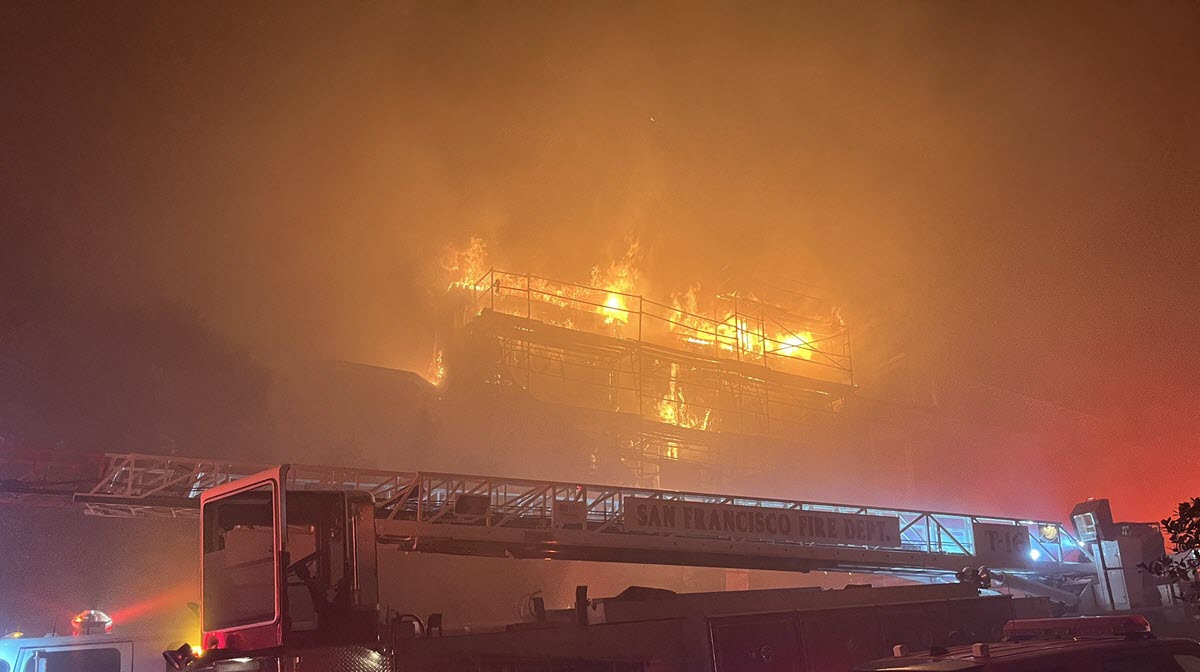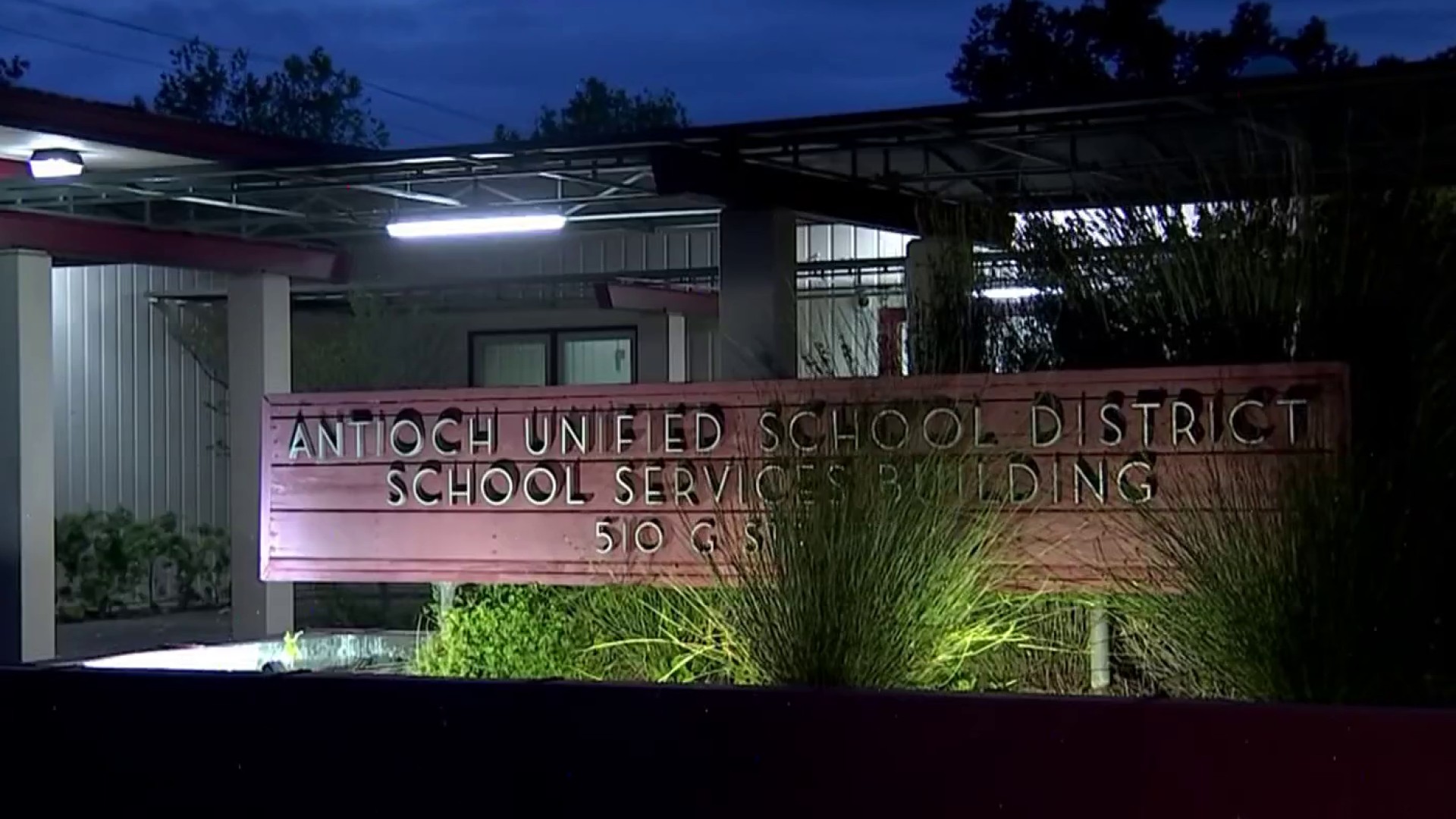As COVID-19 cases continue to surge in California and across the country, many people are clamoring to get a COVID-19 test. A growing rate of Californians are testing positive for COVID-19 with the state reporting a seven-day average positivity rate of 15.9% on Friday.
For weeks, at-home rapid tests have been difficult to find in Bay Area drug stores. CVS noted there has been a "recent surge in demand" at-home COVID-19 tests and said it has added a limit of six test kits per purchase.
Appointments for PCR COVID-19 tests (which take one to three days to return results) are also running short. On Friday, for example, the earliest available test appointments through Sant Clara County were on Jan. 5 at the Gilroy location and on Jan. 6 at the San Jose location.
Emily in San Francisco told NBC Bay Area she tested positive for COVID-19 at home using a rapid test. She told her doctor about it and tried to sign up for PCR a test through her healthcare provider as her doctor requested. The soonest available appointment she could find was nine days later.
Get a weekly recap of the latest San Francisco Bay Area housing news. Sign up for NBC Bay Area’s Housing Deconstructed newsletter.
"It just increases our frustration and anxiety right now,” said Dr. John Swartzberg, Clinical Professor Emeritus at UC Berkeley's School of Public Health.
Swartzberg has studied infectious diseases for 50 years. He also knows firsthand the agony that comes with waiting on a COVID-19 test.
His wife ordered rapid COVID-19 tests online for their family ahead of a gathering they hoped to have with their son and grandchildren. Friday, a week after his wife ordered the tests, she said the company canceled the order.
Local
With the Omicron variant spreading so quickly right now, Swartzberg is not sure if he will be able to see his son -- he's not comfortable visiting with anyone outside his household without taking rapid tests beforehand.
"For the next two weeks, because I think this is going to be a really critical period, I am going to be incredibly careful," he explained.
So what should you do if you have to wait for a COVID-19 test?
Continue to follow the CDC guidance on isolation and quarantine (which has recently been updated). For people who test positive for COVID-19, the CDC recommends isolating for five days and "if they are asymptomatic or their symptoms are resolving (without fever for 24 hours)", then follow that five days by wearing a mask around others. For those exposed to COVID-19, the CDC says if you've been boosted should wear a mask for ten days after exposure and if you haven't been boosted the CDC recommends quarantine for five days followed by strict mask use for another five days.
For anyone who has been exposed to COVID-19, the CDC says the best practice is to get a COVID-19 test five days after your exposure. But the reality for many is that they might not be able to find a test in that time frame.
If you have symptoms that match COVID-19, Dr. Swartzberg says you should assume you have it.
"So you really need to go into isolation until you can come out because there’s been enough time, or you’ve had a negative test,” he explained.
For Swartzberg, his strategy includes not allowing anyone over to his home who has symptoms suggestive of COVID like a scratchy throat or a runny nose. He also holds a strict policy for only allowing guests who've tested negative with a rapid test.
"From my perspective, if someone can’t get a rapid test, the party would be canceled," he added. "Each person is going to have to make their own decision about that."
Many test providers, as well as local and state governments, have said they are committed to ramping up testing capacity. Swartzberg believes we will see that happen in the coming weeks and tests will become easier to access.
"I think this is a temporary problem, the frustrating thing is, it came at a time when testing is most critical," he said.



